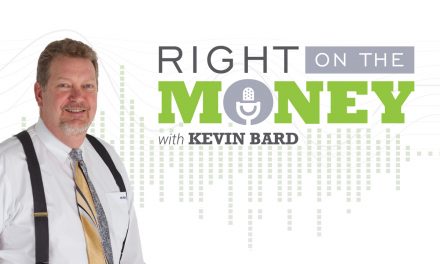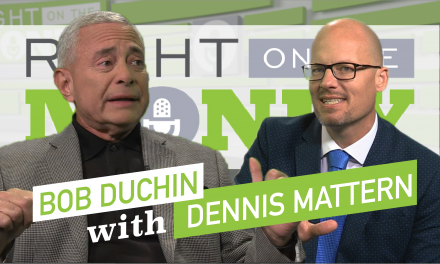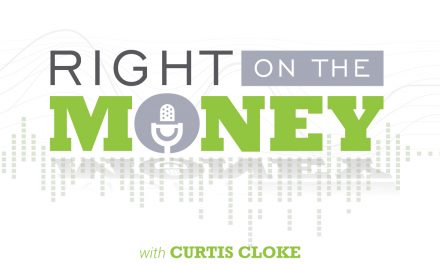Appropriate Plans and Advisers Are the Keys to Success
Employers’ age-weighted profit sharing contributions compensate older or near-retirement employees disproportionately to their younger peers. Pension plan contributions provide tax deductions not seen in 401(k) plans. Actuaries, not CPAs, can establish pension plans. Watch the interview with retirement expert Nick Paleveda, JD, MBA.
Older employers, and more specifically higher professional service-provider earners such as a doctor or dentist, enjoy distinct retirement savings advantages by establishing a profit sharing or pension plan. Such plans are known as “age-weighted” because contributions can disproportionately favor workers (including the employer) who are older or closer to retirement age.
Regardless of the allocation among participants, the overarching advantage to the employer or business owner is the tax deductibility of the plan contribution. Deductions can apply to federal income taxes, Social Security, Medicare, healthcare (Obamacare) and state income taxes, where applicable. By saving the money into a profit sharing or pension plan – and as an alternative to a 401(k) plan – funds that would have otherwise gone to finance the retirements of Internal Revenue Service or federal government employees are instead working for the benefit of the funds’ creators.
Unfortunately, many employers’ lack of education makes them unaware of these options and advantages. They heavily rely on the CPA who handles their routine bookkeeping and financial management, but the CPA – unless he’s also an enrolled actuary – can’t establish a pension. Accordingly, employers should seek the counsel of an actuary who is driven by age and income data to establish an appropriate pension or profit sharing plan.
Lack of education can also be costly to employees as they make increasingly frequent job changes. Some don’t realize that they can combine a 401(k) with either a pension or profit sharing plan. For those who remember to take their plans with them – and many don’t – the management responsibility falls on them. Some suffer due to the lack the training required to make proper investment choices, achieve diversification or are unprepared to manage their funds for the long-term.
The bottom line is that ultimately, wealth affects all aspects of an individual’s life, from nutrition to lifestyle, and must be managed accordingly.
Syndicated financial columnist Steve Savant interviews best selling author, popular platform speaker and retirement expert Nick Paleveda, JD, MBA. Right on the Money Show is an hour long financial talk distributed to 280 media outlets, social media networks and financial industry portals.





